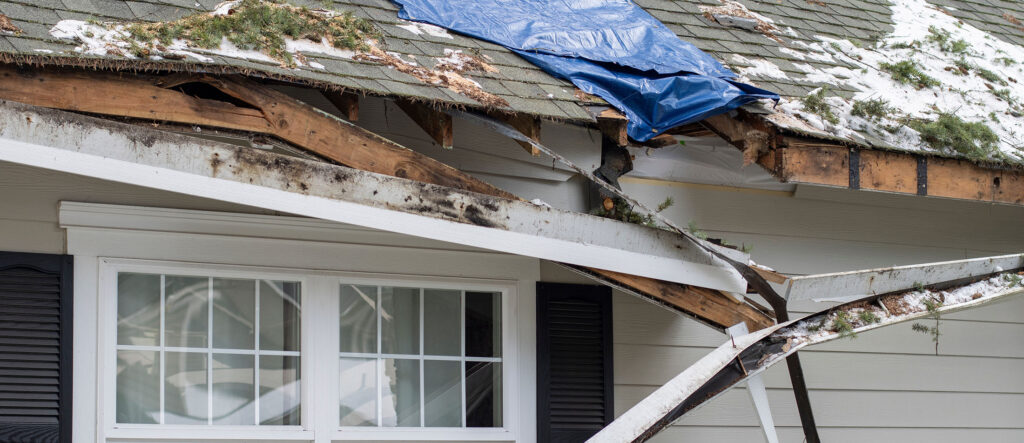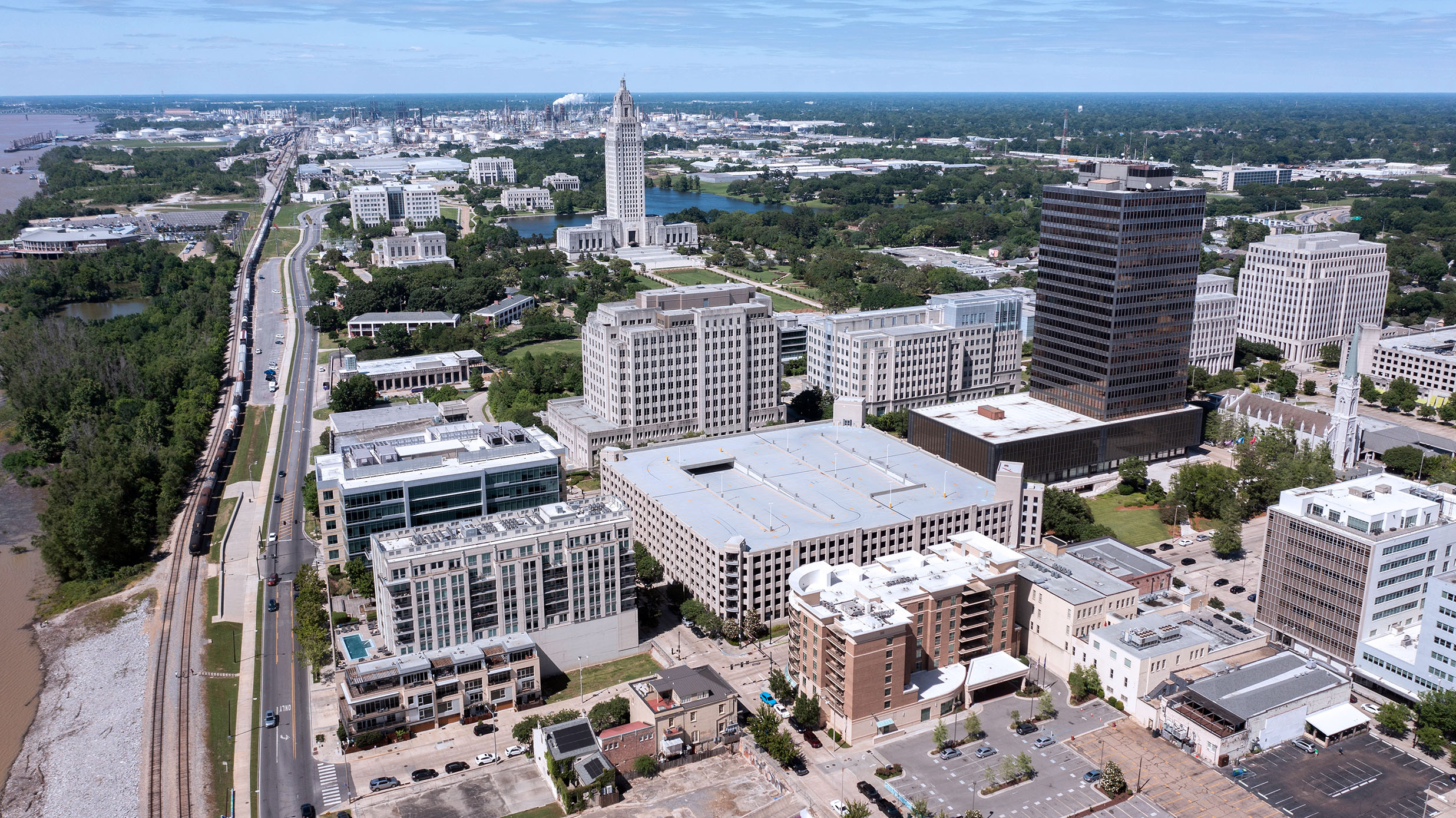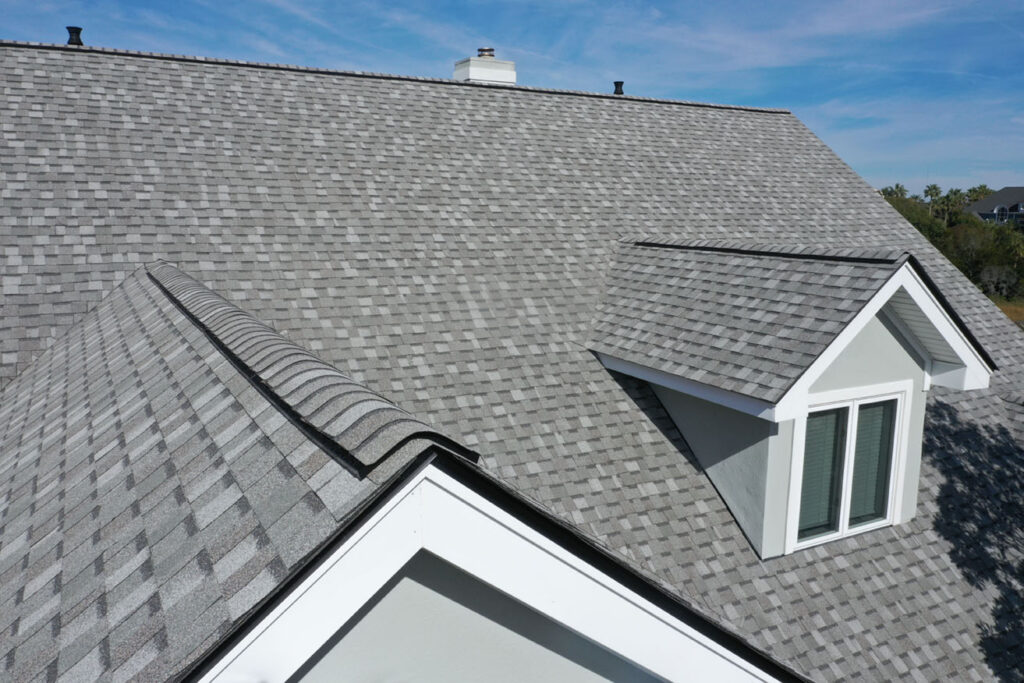What Does RCV Mean in Insurance?
RCV is an acronym that’s used when talking about insurance policies. While it’s included in most homeowners insurance policies, most people don’t know what it means or how it impacts their claims.
RCV stands for replacement cost value. It’s a type of insurance coverage that impacts how policyholders are reimbursed when they file a claim. To help you understand what RCV means in insurance, here’s an overview of RCV coverage.
To learn more about filing a homeowners insurance claim, contact Parish Construction & Roofing, LLC. Our team can handle all of your construction, roofing, or restoration needs. We’ll guide you through the claims process and ensure your home is back in great condition as soon as possible.
Call us at (225) 364-1007 to get started.
RCV vs. ACV Coverage
Your homeowners insurance will cover claims for either the actual cash value (ACV) or the replacement cost value (RCV) of repairs. While these sound similar, they can lead to very different claim values. Homeowners need to understand the difference.
ACV Coverage means your insurance company will pay the replacement cost minus depreciation for a covered loss. With this type of coverage, you’re not reimbursed for the current value of repairs or replacement. Instead, you’re reimbursed for the amount of repairs minus the depreciation based on the age and condition of the item you’re repairing or replacing.
For example, if you file a claim to replace your roof due to hail damage, you’ll be reimbursed for the cost of replacement minus depreciation. If your roof is relatively new with little damage, the deducted depreciation value might not be very much. However, if your roof is old with lots of wear and tear, the depreciation value will substantially impact the payment you get from your insurance company. In this case, you’ll have to pay a significant amount out of pocket to replace your roof.
In contrast, RCV coverage means your insurance will cover the cost of repairs without any deductions. With RCV coverage, if your roof is damaged in a covered claim – for example, hail damage or damage from a fallen tree – you’ll be reimbursed for the full replacement value, and your only out-of-pocket expense will be your deductible.

RCV or ACV for a Homeowners Policy
Most homeowners policies offer RCV coverage up to a set limit. However, with some policies, homeowners can pick either RCV or ACV coverage.
For homeowners deciding between types of coverage, there are some clear pros and cons to consider. An ACV policy means less coverage and lower premiums. An RCV policy offers more coverage and higher premiums.
When purchasing a homeowners insurance policy:
- Understand your policy limits and whether you have RCV or ACV coverage.
- Ask about specific coverage options for your roof, based on its age and condition.
- Consider the benefits of carrying an additional policy for hail or wind damage.
- Consider potential upgrades you can make to your roof to make it more durable and resilient.
- Ask about extended replacement cost coverage, which will include additional coverage beyond your policy limit.
Contact Parish to Discuss Your Claim
If your home has been damaged due to a natural disaster, flooding, or other unexpected event, Parish Construction & Roofing, LLC is here for you. Our team can help you navigate the insurance claim process and provide the quality repairs or remediation you need.
We’ve been serving the Baton Rouge, Hammond, Lafayette, New Orleans, and Shreveport areas for over 30 years. Our team is customer-focused and has a track record of success.
Contact our team to learn more about how we can offer the construction, roofing, or remediation services your home needs.

